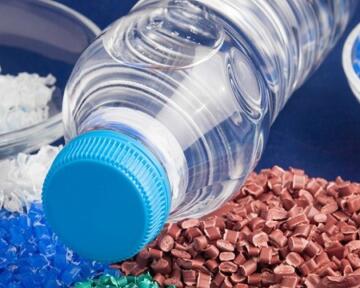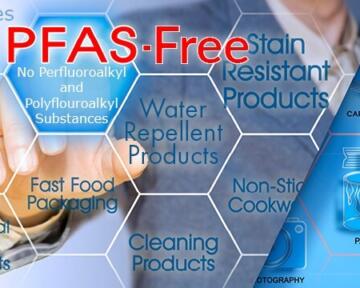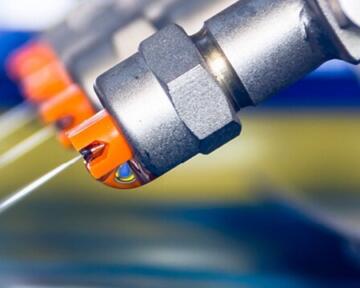The SSbD4SME project (Safe and Sustainable by Design for SMEs) addresses this challenge by developing a practical digital tool tailored to the needs of small and medium-sized enterprises. Its goal: to help SMEs create or improve their materials and products by integrating safety and sustainability right from the design phase.
From concept to reality: integrating safety and sustainability from the start
Traditionally, many companies have considered environmental impact or safety only after a product has been developed. SSbD4SME turns this process around. It enables businesses to evaluate the safety and sustainability of a material or product concept before it even reaches production, saving time, reducing risk, and making it easier to comply with evolving regulations.
The tool will feature modules for:
- hazard characterisation: assessing potential chemical toxicity
- human and environmental exposure and risk: evaluating how people and ecosystems could be affected
- life cycle assessment (LCA): understanding the environmental footprint from production to end-of-life
By combining these features, SMEs will be able to quickly screen new or alternative chemicals during the selection process, helping them make informed, responsible choices during product development.
Science meets digital innovation
SSbD4SME benefits from VITO’s deep expertise not only in hazard, exposure, and life cycle assessments, but also in building robust, user-friendly digital tools. This dual capability ensures the platform will be both scientifically reliable and easy for SMEs to integrate into their workflows.
The project’s approach is rooted in research and development, but with a clear focus on practical application. This makes it a concrete example of how R&D can be a direct driver of the circular economy: by enabling better design decisions, it helps reduce waste, improve resource efficiency, and minimise harmful impacts before they happen.
Building the tool with SMEs, not just for them
From the outset, SSbD4SME has placed collaboration with SMEs at the heart of its process. The project actively engages with companies to:
- understand their awareness of the Safe and Sustainable by Design (SSbD) framework
- gauge their willingness to work within this framework
- identify what they need from the tool to make it valuable in their day-to-day operations
Through surveys and direct exchanges, the project ensures that the tool responds to real challenges and does not merely meet academic criteria.
This collaborative approach illustrates a fundamental principle of the circular economy: innovation arises from dialogue between economic, scientific and technical actors.
Empowering SMEs to lead in safe and sustainable innovation
For many small and medium-sized businesses, integrating safety and sustainability into product design can feel like a daunting task, especially when resources are limited. SSbD4SME aims to change that. By providing a ready-to-use, science-based, and accessible tool, the project empowers SMEs to:
- anticipate regulatory requirements and stay compliant
- reduce/avoid environmental and health risks before they occur
- strengthen their market position as forward-thinking and responsible businesses
This is more than a compliance exercise — it’s a way for SMEs to future-proof their operations and products, while contributing to a more sustainable industrial ecosystem.
Looking ahead
By the end of the project, SSbD4SME will deliver a tested beta-version digital tool that allows SMEs to evaluate and improve their products under the Safe and Sustainable by Design framework. This tool will be tested and validated by SMEs themselves, ensuring it is ready for real-world use from day one.
Ultimately, SSbD4SME is about more than creating software; it’s about enabling a shift in how companies approach innovation. It proves that with the right tools and the right mindset, safety, sustainability, and business success can go hand in hand.
The FPS Economy is not responsible for the statements relating to the project results. The implementation of the projects remains the responsibility of the winners.




